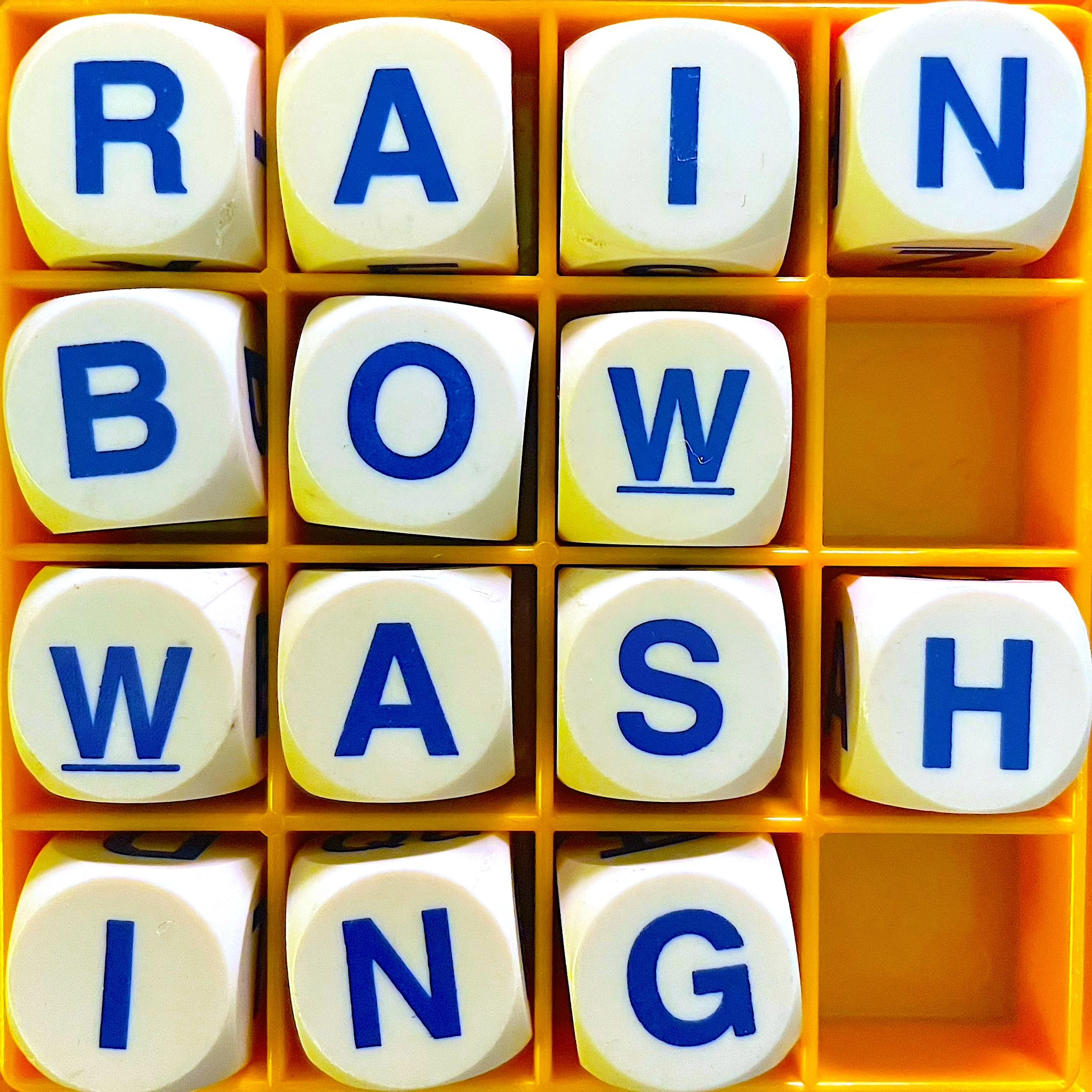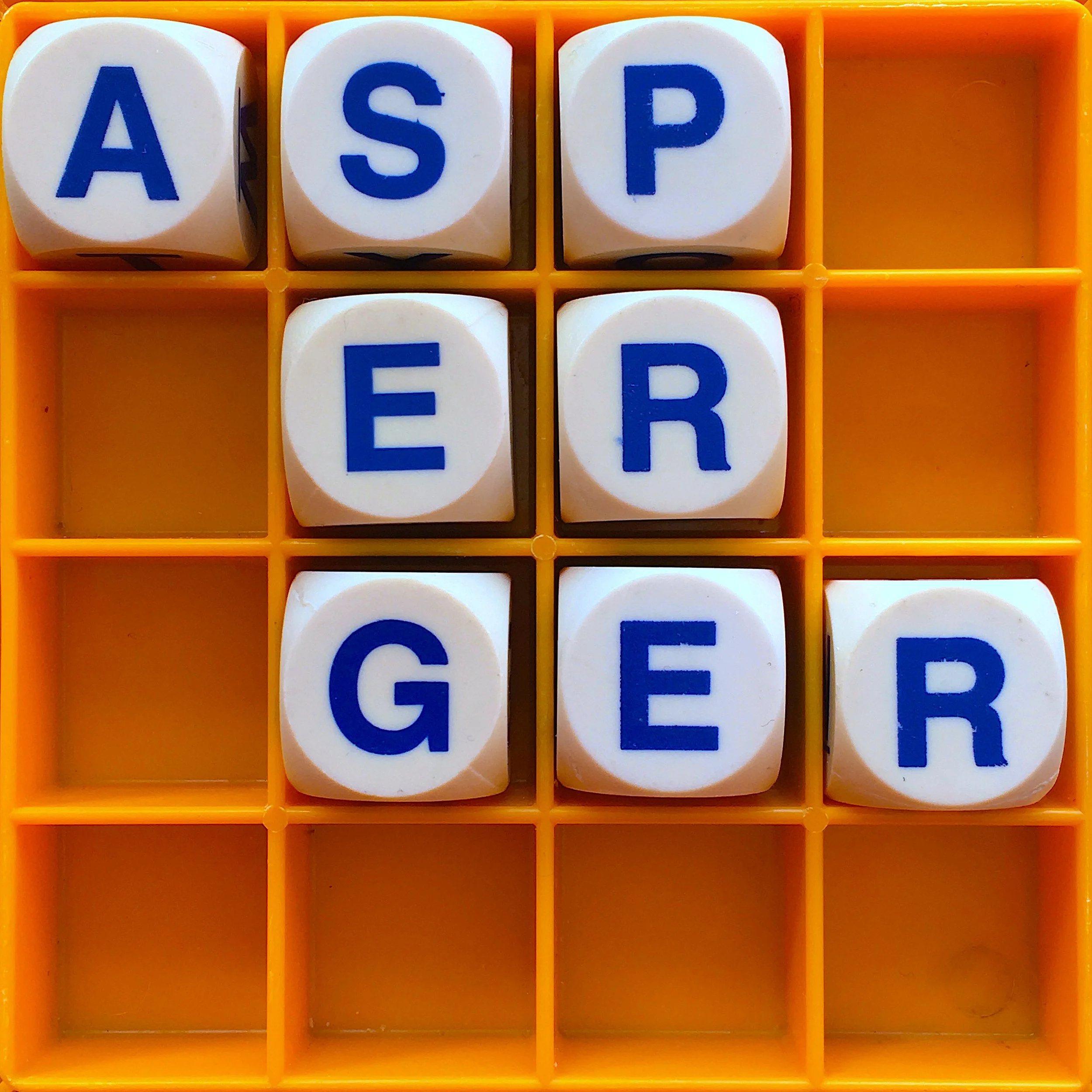Provoked by current events, we've got three political eponyms for turmoiled times. Get ready for explosives, presidential pigs, Supreme Court scrapping, and wronged rhinos.
Read moreAllusionist 162. Self-Help
Self-help is a multibillion dollar genre of books, and Kristen Meinzer and Jolenta Greenberg of By the Book podcast have lived by the advice of more than eighty of them. They discuss the ways these books use language to get into your brain, the negging and the euphemisms, what can actually be helpful, and why we should be more like dog.
Read moreAllusionist 161. Sentiment
Empathy and kindness can be noble concepts in themselves, but as terms are thrown around enough to have become buzzwords, and in the process lose some of their meaning and purpose. Audiomakers Sandhya Dirks and Julia Furlan, and academic and podcaster Hannah McGregor, discuss the value and pitfalls of appealing to the emotions.
Read moreAllusionist 160. Coward
“Anxiety is the parrot sidekick that rides on my shoulder and occasionally squawks warnings in my ear,” says Tim Clare, poet and podcaster and author of the book Coward: Why We Get Anxious & What We Can Do About It. We talk about anxiety, cowardice, magic bullets vs silver bullets, the scary Bible, and seagulls.
Read moreAllusionist 158. Creature Quiz!
There's lots of fun etymology of creatures and a lot of fun etymology derived from creatures, and now it is gathered into this fun playalong quiz about animal etymologies!
Read moreAllusionist 156. Rainbow Washing
From whitewash (the paint) we got whitewashing (the covering up of misdeeds) and from there greenwashing, redwashing, bluewashing, purplewashing, pinkwashing - and now rainbow washing, where companies will put Pride flags all over products and posts during the month of June, but behind the scenes will not necessarily be useful - and sometimes they'll be anti-useful.
Mitra Kaboli, host of the new podcast Welcome to Provincetown, helps sort the real allyship from the rainbow-washing; and writer Sarah Schulman, who popularised the term 'pinkwashing', explains the more political meaning of the word.
Read moreAllusionist 155. The Tiffany Problem
The name Tiffany has been around for some 800 years. But you can't name a character in a historical novel 'Tiffany', because people don't believe the name is old. Science fiction and fantasy author Jo Walton coined the term "The Tiffany Problem" to express the disparity between historical facts and the common perception of the past.
Read moreAllusionist 154. Objectivity
Couple of easy straightforward questions for us to chew on: 1. What is ‘objectivity’ supposed to mean? And 2. does it exist? Lewis Raven Wallace, a journalist and audiomaker fired from his public radio job over his blog post entitled ‘Objectivity is dead and I'm okay with it’, considers the principals and practice of objectivity, and what might be fairer ones.
Read moreAllusionist 153. In Character
Chinese is one of the oldest still-spoken languages in the world. But when technologies arrived like telegraphy and computing, designed with the Roman alphabet in mind, if Chinese wanted to be able to participate then it had to choose between adapting, or paying a heavy price. And sometimes both were inevitable. Jing Tsu, author of Kingdom of Characters: The Language Revolution that Made China Modern, recounts how Chinese contended with obstacles like alphabetisation, Romanisation and standardisation.
Read moreAllusionist 152. Asperger
Hans Asperger would have been merely "a footnote in the history of autism", so why did he get to be the eponym in Asperger's syndrome? Because along with the usual problems medical eponyms pose, and his work not really earning him the honour, he collaborated with Nazis and sent children to a hospital where they would be experimented on and even killed.
Activist, writer and academic Morénike Giwa Onaiwu discusses the stigma around terms like Asperger’s syndrome and autism, and historian Edith Sheffer talks about Hans Asperger and child psychiatry in Nazi Vienna.
Read more









